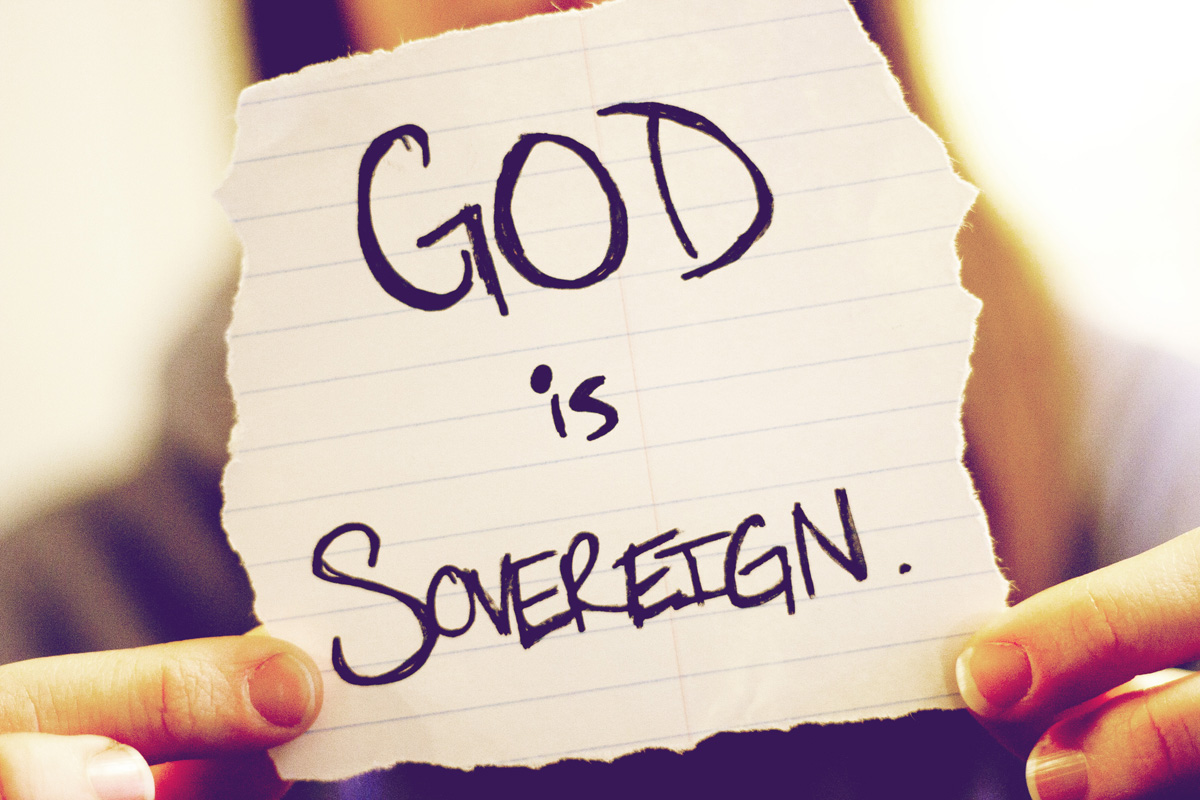
Introduction
There is no truth of Scripture more hated by some and cherished by others than the doctrine of absolute divine SOVEREIGNTY. The natural man cannot bring himself to accept such a doctrine, yet the child of God who believes this precious doctrine loves it magnifies the Lord through it and finds his rest in it. The Confession is clearly and unashamedly Calvinistic in its view of the absolute, free, irresistible, micro-managing SOVEREIGNTY of God. Every molecule moves the way it does because God from all eternity has willed that it be so. From eternity past to eternity future nothing will occur to the mind of God which He didn’t already know and ordain. He possesses all knowledge, actual and possible (chapter 2:2). The Confession doesn’t go into the Hyper-Calvinistic error of disregarding man’s will and responsibility, but rather affirms that the liberty of second cause agents (men) are established because of God’s decree. The liberty here discussed is obviously not the mythical libertarian free will. There is no such thing as libertarian free will. Libertarian free will says that one can go against all inclination and nature, which is impossible and ridiculous. Jonathan Edwards, in his The Freedom of the Will, shows the absurdity and impossibility of such a will. Rather, moral agency or free will, biblically defined, would be the freedom to do whatever one desires. The Bible speaks about a limitation upon the desires and inclinations of the natural man; this limitation is our sinful natures from which sinful actions are born. See !--cke_bookmark_600S--!--cke_bookmark_600E--chapter 9 for our discussion of man’s free will, moral inability, moral necessity, and libertarian free will.
God orders every event in such a way that He is sovereign over every step, yet at the same time, the second cause agent is not being coerced to do anything against their desire, but out their own desires and freedom carries whatever God has from all eternity decreed. We may not understand how this is done, but I believe that such is the testimony of Scripture. It is not for me to understand how the two work together, rather, it is for me to believe that it is such if I see both in Holy Writ. On a personal level, there is no truth that I cherish more than knowing the Triune God and knowing Him as the only Sovereign. It is not merely “in the head” doctrine, but it is a doctrine that I praise God for, cherish and find comfort in daily.
Some years ago, I came across the Doctrines of Grace through the Facebook page called Reformed Memes Daily and I remember seeing something from Romans 9:18. I was amazed that the Bible had such things to say and wanted to study this issue. Apparently, I had not read that passage before. It was not easy, but I promised God that I would believe anything that His Word teaches, no matter how painful. Through my study, I tried to collect as many verses as possible in regard to God’s SOVEREIGNTY as are relevant and that I could find from daily Bible reading and other books. More about my journey can be read here. The document where I put these verses was t...









